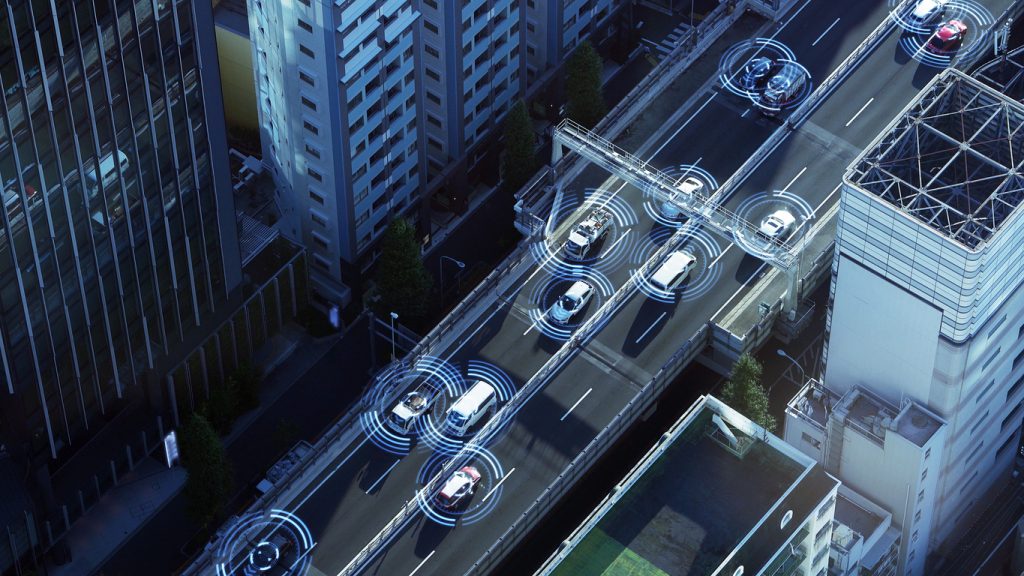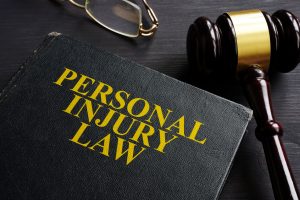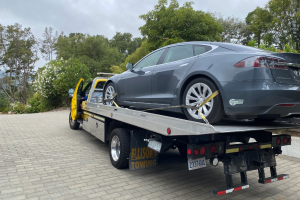Texas has become a frontier for the operation of autonomous vehicles, thanks in part to legislative measures like Senate Bill 2205. This bill permits autonomous vehicles to operate on public roads, provided they meet specific safety and regulatory standards. Understanding the legal challenges surrounding autonomous vehicle accidents is crucial for navigating this evolving landscape. As these self-driving cars integrate into daily life, determining liability in accidents presents unique complications.
The current legal framework in Texas is supportive yet still developing, aimed at allowing innovation while ensuring public safety. The absence of a human driver in autonomous vehicles creates complex legal scenarios in traffic accidents. Liability—which typically involves determining the fault of drivers can be less straightforward when an accident is caused by a machine's misjudgment. This situation raises questions about the responsibilities of manufacturers and software developers.
For residents affected by such incidents, consulting legal professionals who are knowledgeable in car accidents in Texas can offer significant insights. The nuances of these emerging legal challenges may require experience to ensure that victims receive appropriate compensation and justice. Guidance from legal professionals is crucial for understanding liability in autonomous vehicle accidents.
Understanding Autonomous Vehicle Technology and Regulation in Texas
Texas has embraced autonomous vehicle technology, offering a favorable environment for innovation. The state has established a clear legal framework outlined in Senate Bill 2205, aiming to regulate the operation of self-driving cars on public roads. Key aspects include technological advancements, legal provisions, and safety regulations.
Advancements in Self-Driving Car Capabilities
Self-driving cars have evolved greatly, particularly in areas like sensor technology and machine learning. These advancements enable vehicles to navigate complex environments with increasing precision. In Texas, the robust infrastructure supports the testing and deployment of such technologies, with over 314,600 miles of public roads available for development.
Companies operating in Texas focus on level 4 and 5 automation, aiming for vehicles that require minimal to no human intervention. Safety features like advanced LiDAR and real-time data processing are critical. These technologies contribute to the development of reliable and efficient autonomous systems capable of operating independently.
Texas Legislation and Senate Bill 2205
Enacted in 2017, Senate Bill 2205 outlines the legal requirements for autonomous vehicles operating in Texas. The law allows driverless vehicles on public roads, provided they comply with state and federal traffic laws. Key mandates include the installation of data recording devices and adherence to safety standards.
This legislation serves as a foundation for regulating autonomous vehicles and ensures that they can be integrated safely into existing traffic systems. By providing clear guidelines, the bill facilitates the growth of autonomous technology within a structured legal framework.
Regulatory Framework for Autonomous Vehicles
Texas' regulatory framework for autonomous vehicles is designed to foster innovation while ensuring public safety. Vehicles must be registered in the state and comply with federal regulations, including safety standards. This ensures that driverless vehicles are subjected to rigorous testing and validation before being allowed on the roads.
The Texas Department of Transportation plays a significant role in coordinating with autonomous vehicle companies, offering guidance and oversight. This collaborative effort is crucial for addressing regulatory and legal challenges that may arise as the technology continues to develop and integrate into daily use.
Legalities of Autonomous Vehicle Accidents
The landscape of autonomous vehicle accidents involves complex issues including liability, the role of manufacturers and developers, insurance claims, and ethical concerns. Careful navigation of these areas is essential for understanding the legal implications and responsibilities of such incidents.
Liability and Determining Fault
In autonomous vehicle accidents, determining fault is a critical step. The traditional driver-based liability model is complicated by the absence of a human driver. Liability often hinges on whether the technology performed as intended or if a malfunction occurred.
Accident investigations must assess if a software glitch led to a failure in decision-making, or if external factors influenced the vehicle's response. Legal frameworks are still evolving to address these challenges. Personal injury lawyers play a key role in navigating these complexities, by investigating all aspects of the case.
The question of negligence can involve both the owner of the autonomous vehicle and other parties. Driver liability may be reduced, shifting the focus to manufacturers and software developers who may face product liability claims.
Roles of Manufacturers and Software Developers
Manufacturers and software developers are crucial in defining the safety and reliability of autonomous vehicles. Product liability can arise if a vehicle's malfunction contributes to an accident. Negligence in testing, faulty design, or inadequate updates can lead to significant legal repercussions.
Developers must ensure error-free software, while manufacturers are required to conduct rigorous safety tests. Programming decisions impact vehicle behavior and are meticulously scrutinized if an accident occurs. Software developers may face liability if cybersecurity flaws, like hacker interference, result in a crash.
Regulatory oversight ensures companies maintain high safety standards. Cybersecurity threats pose additional risks that professionals must mitigate to protect vehicle systems.
Insurance and Compensation Claims
Insurance frameworks for autonomous vehicles are adapting to handle the distinct challenges they present. Traditional auto insurance might not cover all aspects of an autonomous vehicle accident. Liability insurance often becomes a focus, with policies needing adjustments to reflect the changing landscape.
Accident victims must navigate these policies to secure compensation for personal injuries or damages. The burden of proof can shift, involving complex data analyses and expert testimonies. Legal representation is crucial for victims seeking fair compensation.
Courts may consider various factors, such as vehicle logs and accident investigations, which provide insights into system performance at the time of the crash.
Ethical and Privacy Concerns
Ethical and privacy issues are at the forefront of autonomous vehicle debates. Data privacy is a significant concern, with vehicles collecting vast amounts of information including location and personal details. Protecting this data from misuse or breaches is paramount.
Responsibility also extends to ensuring decisions made by autonomous systems align with societal norms and legal standards. Ethical considerations may involve decision-making algorithms and how they prioritize safety in challenging situations.
Manufacturers and operators must adopt transparent practices to gain public trust. Ensuring compliance with privacy laws and ethical standards enhances consumer confidence and aids in the broader acceptance of autonomous technologies.






















